Summaries of books about Philosophical Theories:

Sand Talk
How Indigenous Thinking Can Save the World
Tyson Yunkaporta
The book presents Indigenous wisdom and perspectives on complex global issues, advocating for a holistic approach to sustainability and interconnectedness. It explores themes such as environmental stewardship, community building, and the importance of storytelling and traditional knowledge in addressing contemporary challenges.
See full summary
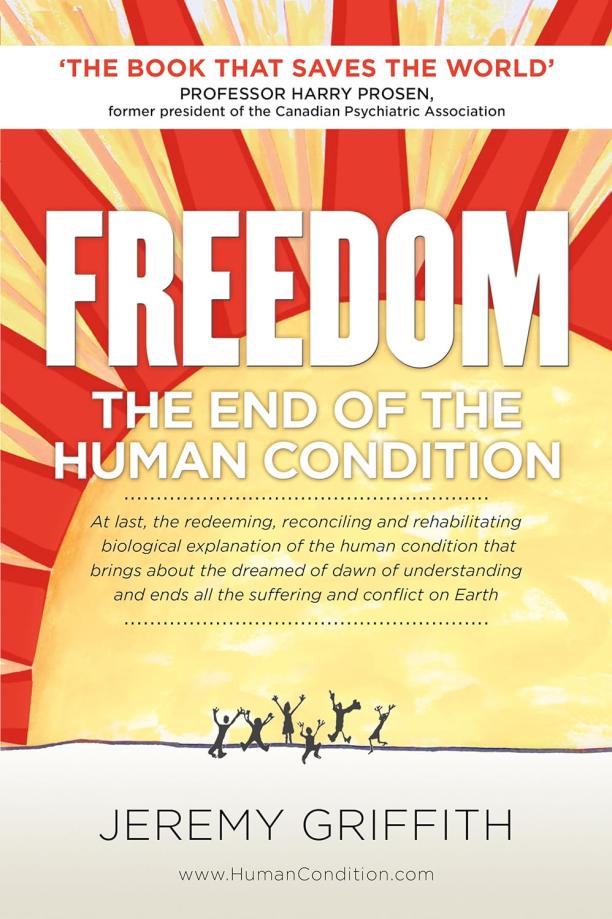
FREEDOM
The End Of The Human Condition
Jeremy Griffith
The book presents a psychological explanation for human behavior, particularly the capacity for what is termed as 'good' and 'evil', by exploring the concept of a deep-seated, historical conflict between instinct and intellect. It proposes a reconciliatory understanding of the human condition that aims to alleviate human suffering and lead to a transformation in the way humans live and think about themselves and the world.
See full summary
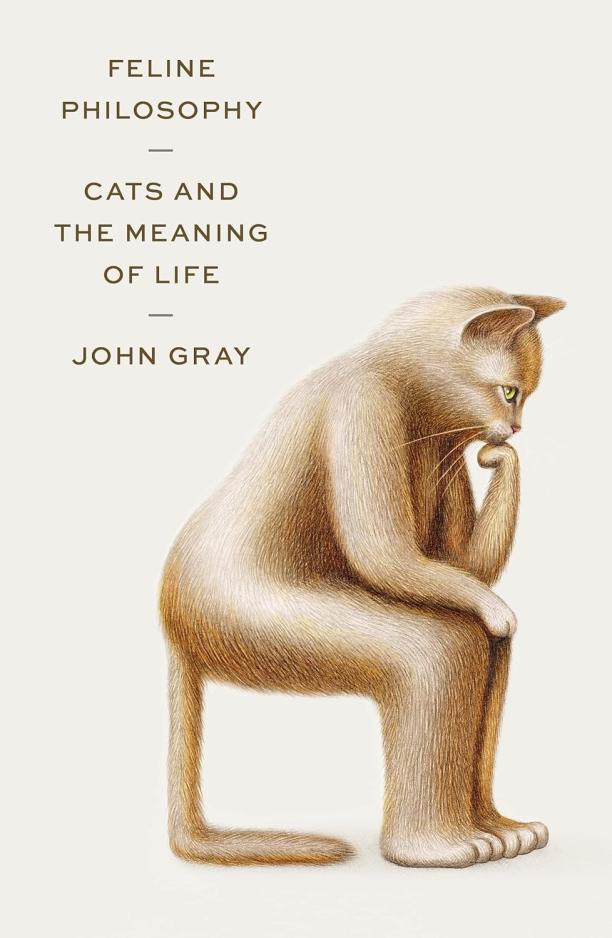
Feline Philosophy
Cats and the Meaning of Life
John Gray
The book explores what humans can learn from cats about embracing life's mysteries and living in the present, drawing on philosophical ideas and the behaviors of cats to challenge human assumptions about the world and our place in it. It delves into the nature of feline independence, contentment, and lack of concern for the future as a model for a more philosophical and less anxiety-ridden approach to life.
See full summary
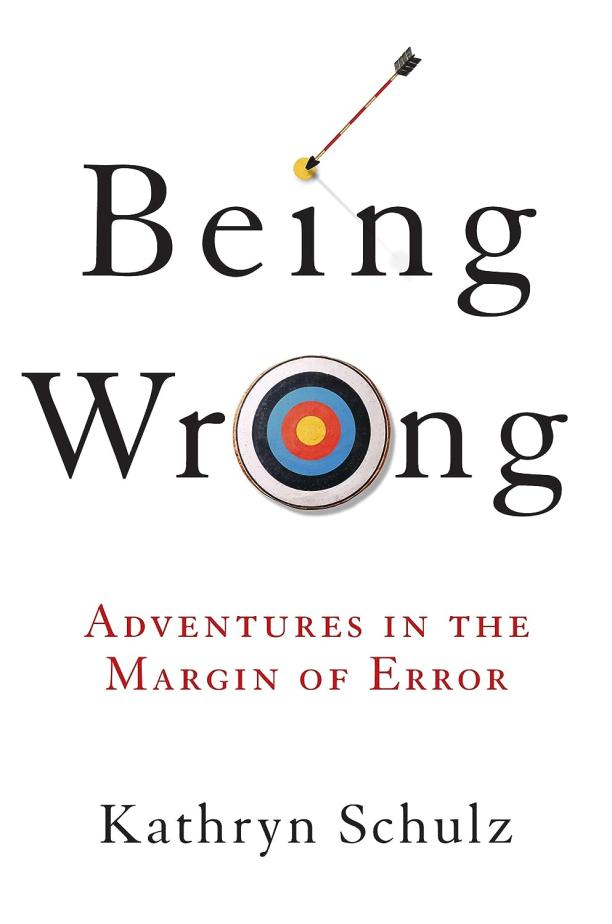
Being Wrong
Adventures in the Margin of Error
Kathryn Schulz
The book explores the phenomenon of human error, delving into why people make mistakes and how society perceives them. It examines the psychological, philosophical, and cultural implications of errors, advocating for the recognition of fallibility as an integral and valuable part of the human experience.
See full summary
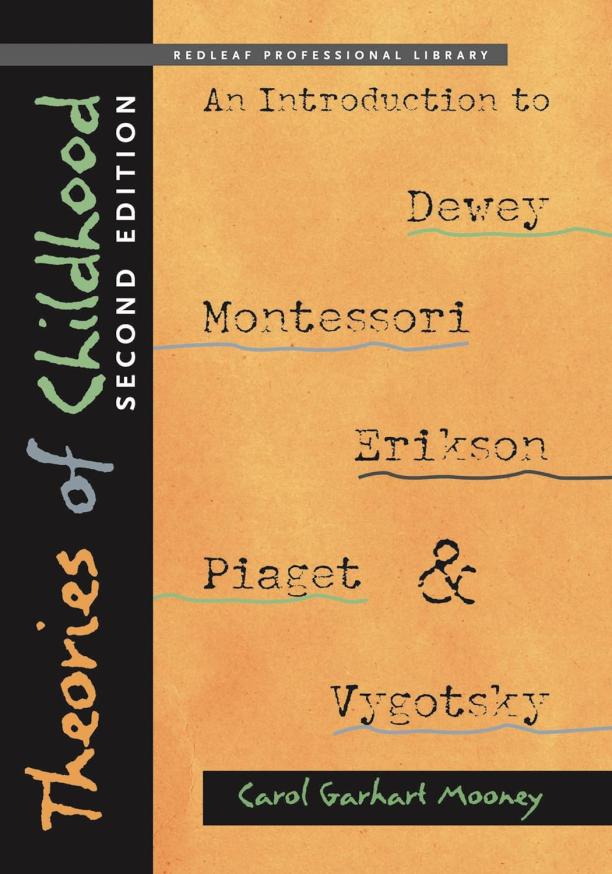
Theories of Childhood
An Introduction to Dewey, Montessori, Erikson, Piaget & Vygotsky
Carol Garhart Mooney
The book provides an overview of the foundational educational theories of five influential educators and psychologists: John Dewey, Maria Montessori, Erik Erikson, Jean Piaget, and Lev Vygotsky. It examines their contributions to understanding children's development and learning processes, offering insights into how these theories can be applied in early childhood education settings.
See full summary

Straw Dogs
Thoughts on Humans and Other Animals
John Gray
The book challenges humanism and the belief in human progress, arguing that humans are not fundamentally different from other animals. It critiques Enlightenment thinking and explores themes such as the illusion of human control, the role of science and technology, and the nature of human desires and beliefs.
See full summary
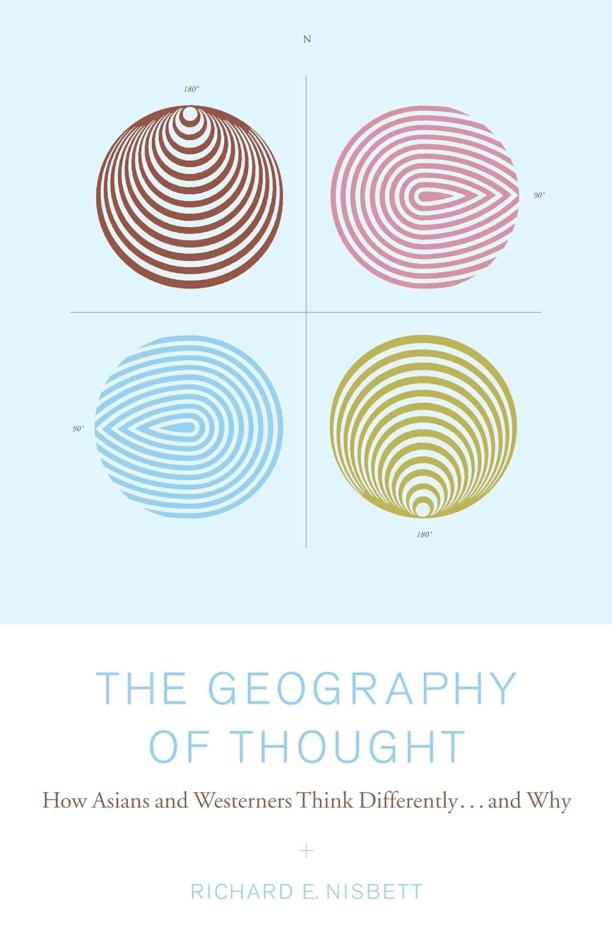
The Geography of Thought
How Asians and Westerners Think Differently...and why
Richard E. Nisbett
The book explores the cognitive differences between East Asian and Western cultures, attributing them to ancient philosophical traditions and social practices. It presents evidence from psychological studies to argue that these cultural legacies result in distinct patterns of thought, perception, and reasoning in individuals from these regions.
See full summary
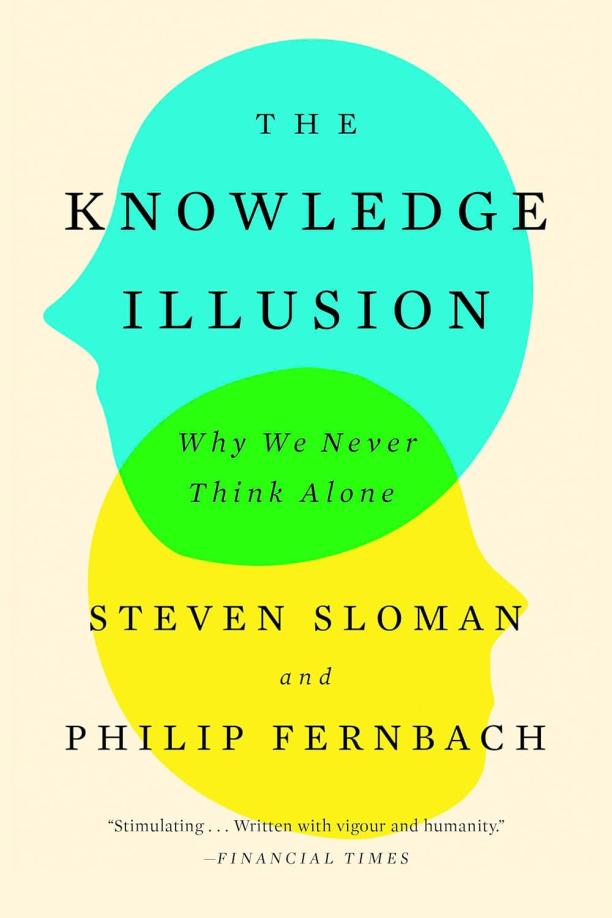
The Knowledge Illusion
Why We Never Think Alone
Steven Sloman|Philip Fernbach
The book explores the concept of the "community of knowledge," arguing that individuals rely on collective intelligence and often overestimate their own understanding of complex phenomena. It delves into the cognitive processes behind this illusion, emphasizing the importance of collaboration and shared knowledge in human cognition.
See full summary
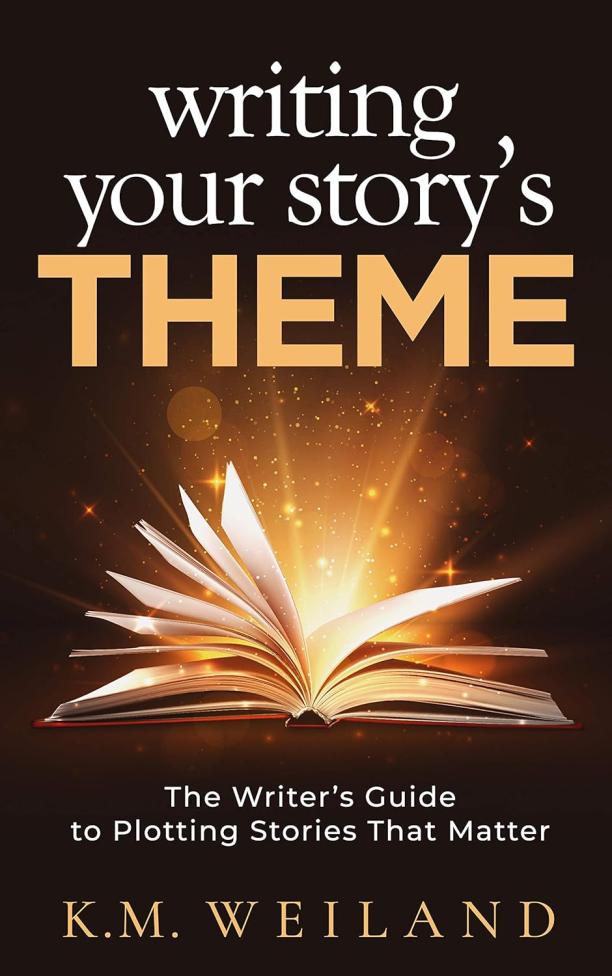
Writing Your Story's Theme
The Writer's Guide to Plotting Stories That Matter
K.M. Weiland
The book provides guidance on how to deeply integrate theme into a story's plot, ensuring that the narrative is cohesive and meaningful. It offers practical advice and tools for writers to craft stories that resonate with readers on an emotional and intellectual level by focusing on the thematic elements that give a story its significance.
See full summary
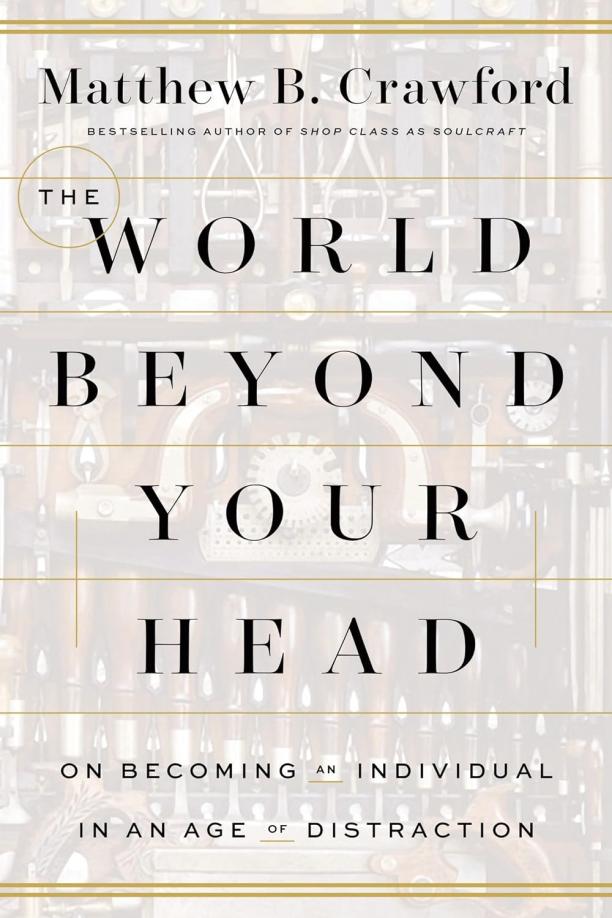
The World Beyond Your Head
On Becoming an Individual in an Age of Distraction
Matthew B. Crawford
The book examines the challenges of maintaining individuality and focus in a world saturated with digital distractions and consumerism. It explores how engagement with the physical world and skilled practices can help us reclaim our attention and develop a sense of agency and mastery over our lives.
See full summary